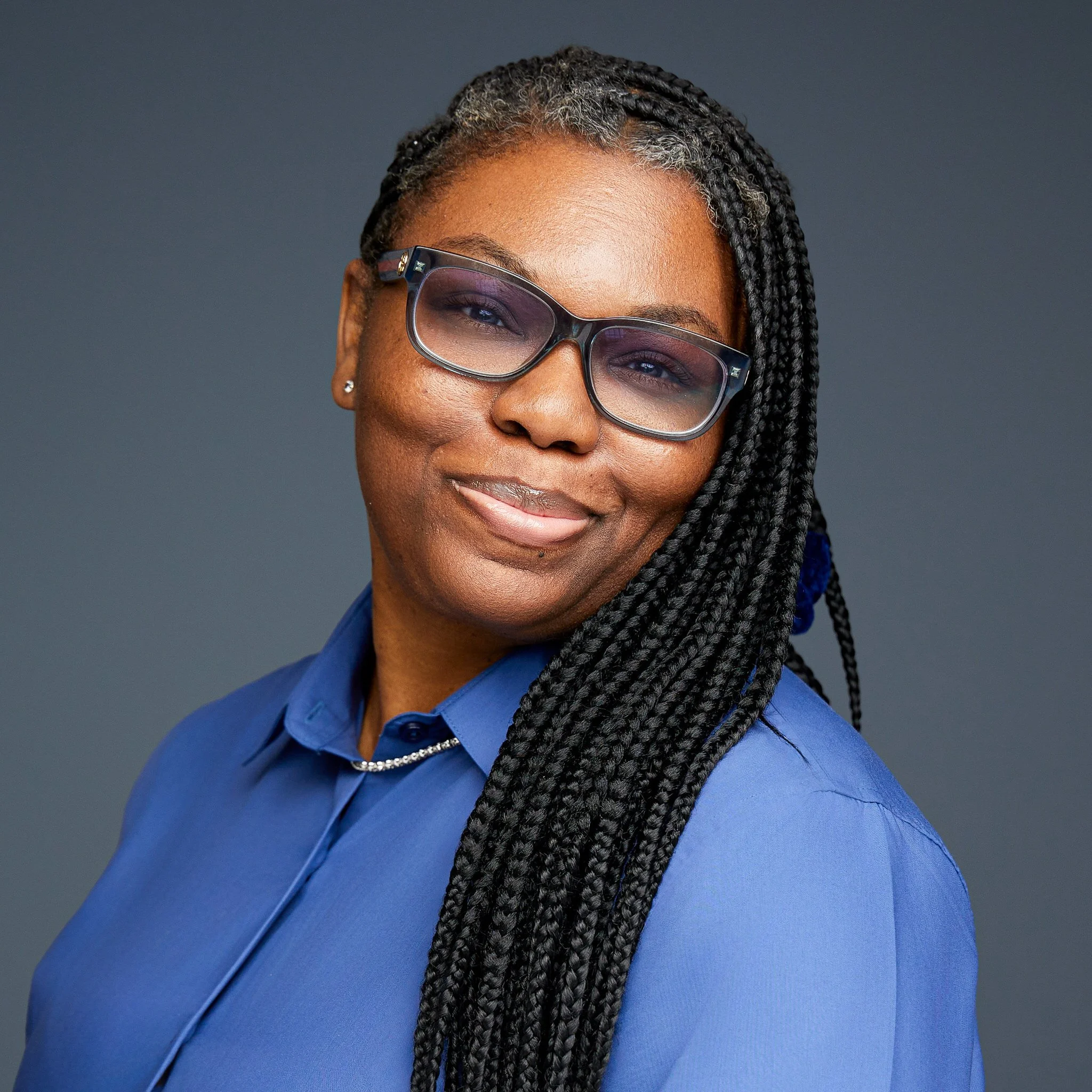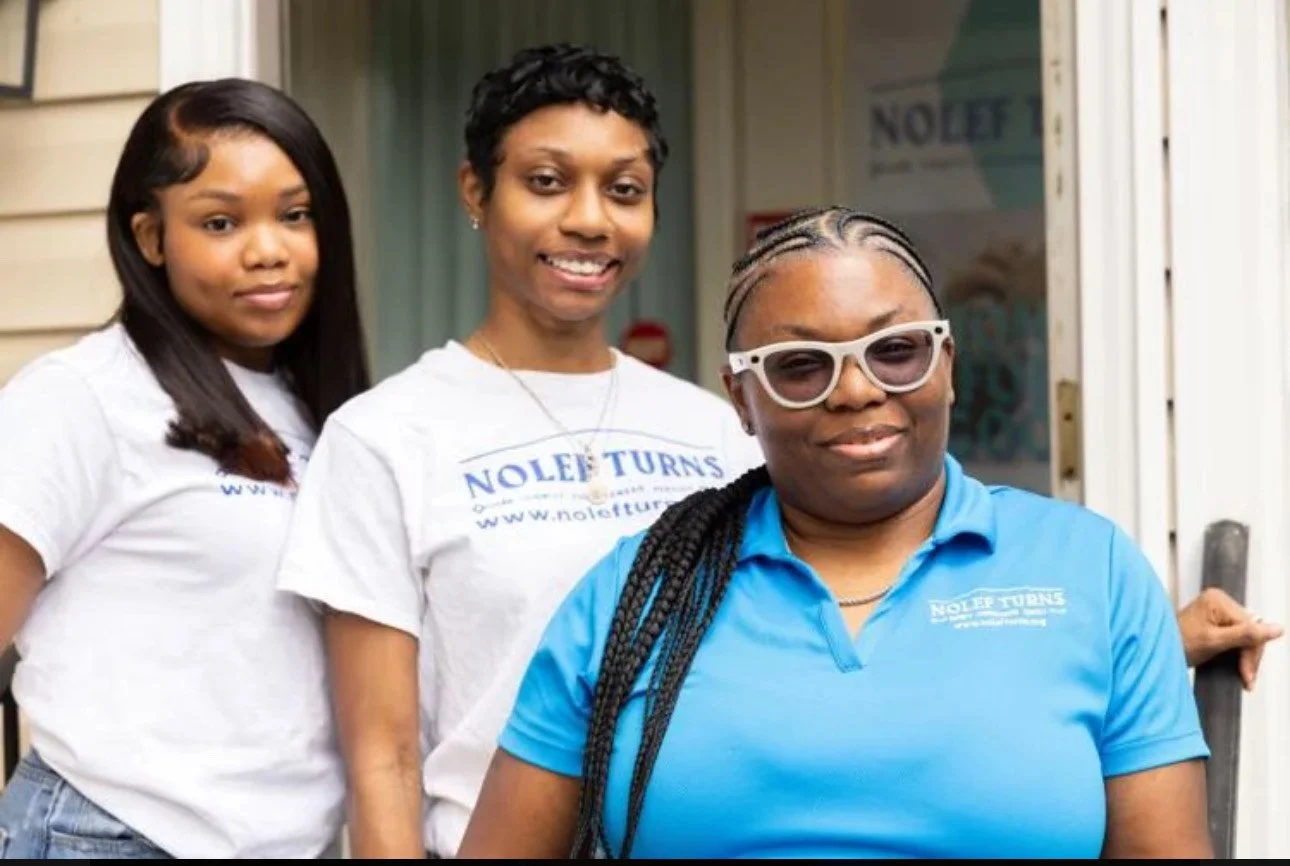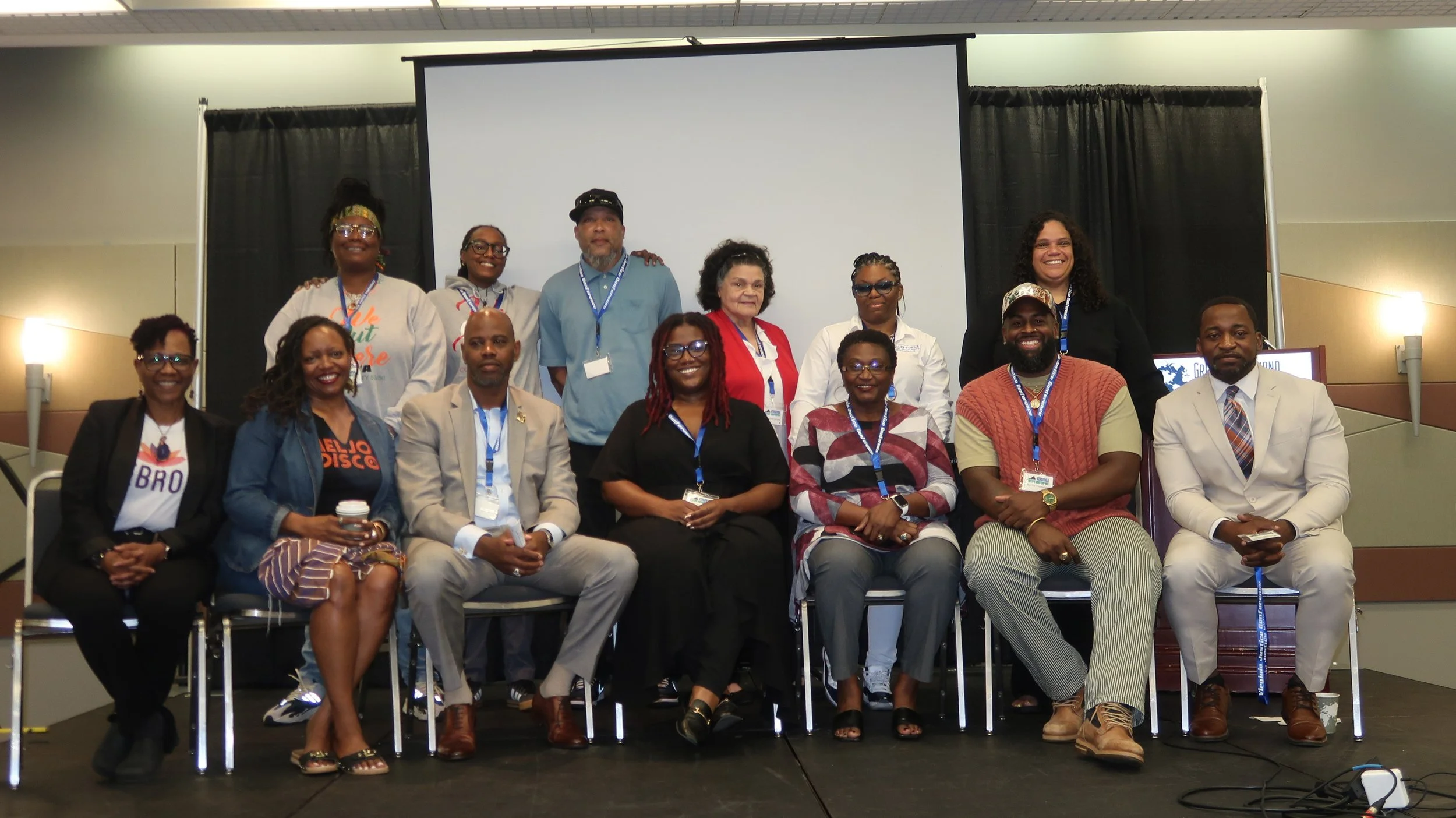Rebuilding Lives, Restoring Communities: The Work of Nolef Turns
Sheba Williams, founder and executive director of Nolef Turns.
Sheba Williams, founder and executive director of Nolef Turns, knows how difficult it can be to navigate barriers after incarceration. In 2004, she was wrongfully convicted of a crime, an experience that exposed her to the systemic obstacles facing so many returning citizens. Her personal experiences inspired her to launch Nolef Turns in 2016, a Richmond-based nonprofit dedicated to supporting people with felony convictions as they rebuild their lives.
Nolef Turns' mission is to reduce recidivism by supporting and advocating alongside those with court and justice involvement. Through holistic, one-on-one guidance, the organization helps individuals return to work while also addressing housing, voting rights, food security and other critical needs. As Sheba explained, “Not everybody has the same journey, not everybody deals with the same things.”
This philosophy is the bedrock of their approach. Nolef Turns meets individuals where they are, connecting them to the specific resources they need, whether that’s an employer, workforce training, educational funding or even support for starting their own business.
A key part of their work involves educating employers on the benefits of second chance hiring. Their team provides data showing that formerly incarcerated individuals are often more reliable and stay with companies longer, highlighting the value they bring to the workforce and the positive impact on public safety.
Navigating the Challenges of Reentry
When someone returns to the community after incarceration, the phrase "go find a job" oversimplifies a mountain of challenges. One of the biggest hurdles in today's world is technology. The digital landscape changes at a dizzying pace, and even a short time away can leave a person struggling to catch up.
“If you're gone for three years, four years, you are struggling with technology because it changes so fast and everything is online now,” Sheba said. “Tasks like navigating a job application with required fields or setting up an email account can become major obstacles. The assumption that everyone is digitally literate creates invisible barriers.”
This technology gap is just one of over 46,000 state and federal collateral consequences a person may face. The journey of reentry involves navigating a maze of systems to figure out everything from child custody and life insurance to fines, fees and the restoration of voting rights. There is immense pressure to succeed and not “mess up,” all while readapting to a world that feels entirely new. Nolef Turns encourages people to create their own plan for success, empowering them to become self-sufficient rather than dependent. It’s a process that requires patience, empathy and an understanding of the complex realities these individuals face.
Building a Stronger Community Through Action
Image source: Nolef Turns
Nolef Turns is deeply embedded in the community, not just providing direct services but also fostering connection and collaboration. A prime example is the Virginia Justice Conference, an event Nolef Turns organized to bring together partners from across the country. The conference took place in September and featured panels, workshops, a job and resource fair with over 50 vendors and even an expungement clinic for individuals with non-convictions.
The goal was to unite the justice community to collaborate on policy, share resources and plan for the future. Virginia Consensus’ lead organizer Kenneth Hunter also led a session on Legislating Second Chances: Higher Education and Reentry in 2026.
Nolef Turns also hosted an awards and sneaker ball to celebrate champions in the justice space in 10 categories - to include Southern Kitchen, a Richmond based restaurant, for their commitment to fair, living-wage, second chance hiring.
Beyond large-scale events, Nolef Turns runs numerous ongoing programs. Their CASE mentor training is a 12-week program that equips formerly incarcerated individuals to become mentors for young people in schools and detention centers. They also offer an advocacy training program that teaches participants how to engage with government at all levels, from local school boards to the General Assembly. By building these pathways to engagement, Nolef Turns helps ensure that the voices of those most impacted by the justice system are heard.
The Power of Working Together
A recurring theme in Sheba's work is the undeniable power of unity. The justice community is filled with passionate individuals and organizations, but they often work in silos. This fragmentation can lead to duplicated efforts and missed opportunities for greater impact.
“We’re stronger together,” Sheba said. “That was the idea behind the conference, just bringing it all together.”
She travels the country connecting with people doing similar work who are often unaware of each other. By fostering collaboration, Nolef Turns helps weave a stronger, more effective network of support.
This principle is at the heart of what makes community-based work successful. When different sectors—nonprofits, employers, government agencies and individuals—join forces, they create a more comprehensive and resilient support system. It’s about moving beyond individual efforts to build a collective movement for change. By breaking down silos and encouraging partnership, we can amplify our impact and create a society where everyone has the opportunity to rebuild their lives with dignity and purpose.
Image source: Nolef Turns



